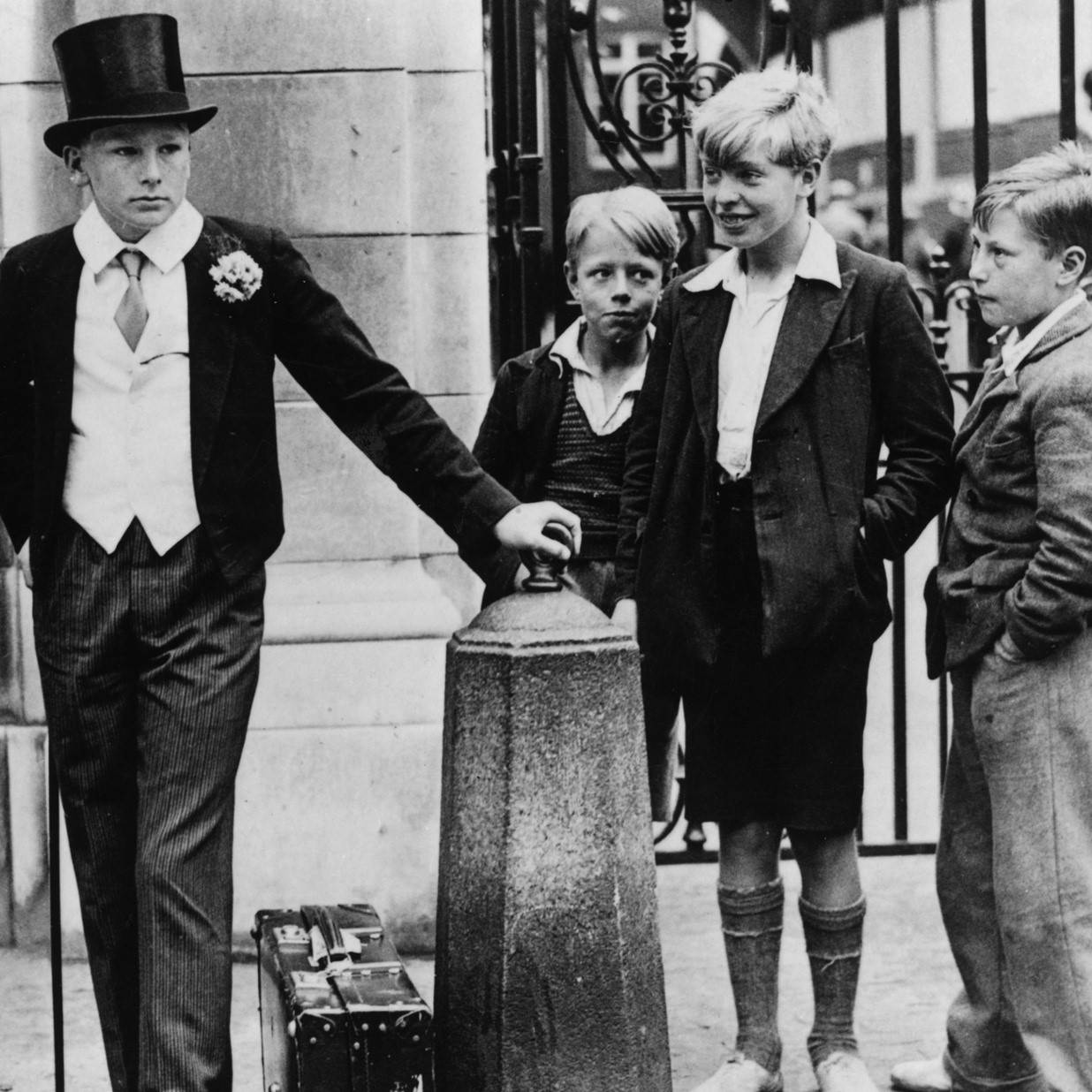To provide the best experiences, we use technologies like cookies to store and/or access device information. Consenting to these technologies will allow us to process data such as browsing behaviour or unique IDs on this site. Not consenting or withdrawing consent, may adversely affect certain features and functions.
The technical storage or access is strictly necessary for the legitimate purpose of enabling the use of a specific service explicitly requested by the subscriber or user, or for the sole purpose of carrying out the transmission of a communication over an electronic communications network.
The technical storage or access is necessary for the legitimate purpose of storing preferences that are not requested by the subscriber or user.
The technical storage or access that is used exclusively for statistical purposes.
The technical storage or access that is used exclusively for anonymous statistical purposes. Without a subpoena, voluntary compliance on the part of your Internet Service Provider, or additional records from a third party, information stored or retrieved for this purpose alone cannot usually be used to identify you.
The technical storage or access is required to create user profiles to send advertising, or to track the user on a website or across several websites for similar marketing purposes.
 In Germany, just like in numerous other nations, the gender pay gap remains a subject of significant worry and discussion. The persistent issue of unequal pay between men and women, where women frequently earn less than their male colleagues for the same job, persists. This article seeks to explore the gender pay gap in Germany in more detail, investigating the underlying factors that contribute to this gap and considering possible remedies to tackle this problem. (more…)
In Germany, just like in numerous other nations, the gender pay gap remains a subject of significant worry and discussion. The persistent issue of unequal pay between men and women, where women frequently earn less than their male colleagues for the same job, persists. This article seeks to explore the gender pay gap in Germany in more detail, investigating the underlying factors that contribute to this gap and considering possible remedies to tackle this problem. (more…)









 A new report from
A new report from 
 The
The 
















